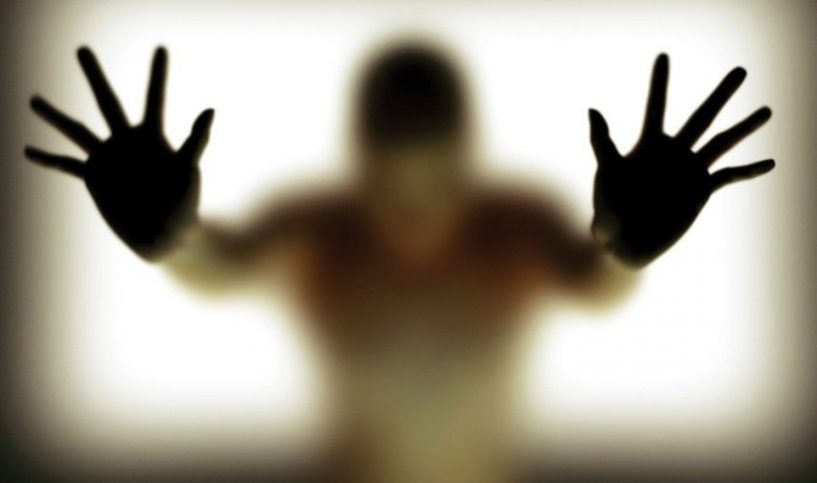Anxiety is a strange duck. For some people, it’s an internal sense of agitation that won’t go away. For others, it’s a feeling of dread; like something bad is about to happen …all the time. Still others experience anxiety as irritation, unexplained anger, an inability to focus, feelings of dizziness, blurry vision, or that sense of being ‘outside’ yourself. As I wrote last month, for some, anxiety is a heart-pounding, dry mouth, ‘I’m-doing-to-die’ agony that comes out of nowhere and wrecks a perfectly good life.
The thing is, feelings of anxiousness are actually normal so it’s simply not possible to find some magic key and banish that discomfort permanently. The whole thing about anxiety is that it is a Central Nervous System response to sensory input – whether internal (thoughts) or external (physical senses) – and is the body’s “Early Warning System.” When we are about to take an exam those butterfly feelings in the stomach, the sweaty palms, and the inner restlessness are proportionate to how much is riding on the outcome of the test. There is a danger of failing. In the case of an exam, the input is internal and the danger is not physical. We can usually rationalize the discomfort and choose to endure it because we know it will be mostly gone the minute the test is over.
When anxiety becomes a focal point of our lives, it’s time to do something. Education is a huge part of understanding the complexity of this issue, and one of the ways I explain the mechanics to my clients is by introducing them to “Mini-me.”
Mini-me is the mental image of you …in your head S/he is Control Central. Nothing happens internally or externally that Mini-me isn’t monitoring …sort of like a mental supervisor. Sometimes, for way too many reasons to list here, Mini-me gets jangled and decides the whole world is a dangerous place. Life becomes risky, and being on guard (hyper-vigilance) is the only way to ensure safety. Everything is dangerous. Every. Little. Thing.
One of the most common things I hear from clients struggling with panic attacks is, “I don’t know why! There’s nothing I can think of that would trigger a panic attack at home and yet, there I am freaking out.” On a rational level, we can understand in our immediate environment there’s nothing dangerous happening, or even likely to happen. Mini-me’s filter, however, is set to “Freak Out” and the potential for ‘Something Bad To Happen’ is always high. This degree of vigilance triggers the Amygdala, which boots the Parasympathetic Nervous System into action which fires the adrenal glands, and… PANIC! Just like that, in the space of one heartbeat, our bodies step up like a Boss and we’re ready to meet the danger …except there isn’t any, and the physical reactions, out of context, feel a lot like we’re about to die of a heart attack.
The key here is “context.” If our bodies were performing like this in a 100m sprint or while escaping the Zombie Apocalypse, we’d be really happy with all that heart-pounding, which-way-do-I-jump potential. Because there are no zombies, we conclude something must be wrong. Know this: There is no quantifiable difference between the body’s physical response to intense exercise, real danger, and a panic attack.
None.
Did you get that?
Your mission, should you choose to accept it, is to endure the physical discomfort while doing the work of bringing your thought life under control so that Mini-me no longer hits the panic button. One of my clients told me that she began to get control of her anxiety when she imagined locking Mini-me in a virtual panic room until she (Mini-me) calmed down. Another reported that her panic began lessen when she unintentionally had a vision of Mini-me bursting into flames at the height of a severe panic attack. As she began to laugh the panic abated. She decided to continue imagining this satisfyingly gruesome response, immolating Mini-me whenever she tried to stage another Anxiety Coup.
Anxiety sucks but it doesn’t have to control you. The work of recovering your equilibrium begins with self-compassion, acceptance and perseverance. There is no way past the hijack of anxiety without the willingness to endure the physical discomfort of the process. Is it uncomfortable? Heck, yes! Is it dangerous? No. You are NOT going to die. The beginning of success in managing your anxiety is to decide to quit panicking about panicking. Begin here: simply acknowledge the beautifully appropriate response of your body to the false alarm Mini-me is sending, and then practice the grounding techniques that you’ve learned. With consistent effort, and a willingness to accept the discomfort of the physical reactions, you can win this battle.
Dr Susannah is a leading psychologist, registered professional counsellor and Master Practitioner in Clinical Counselling based in Canada. Follow @DrSusannah on Twitter and Instagram.








